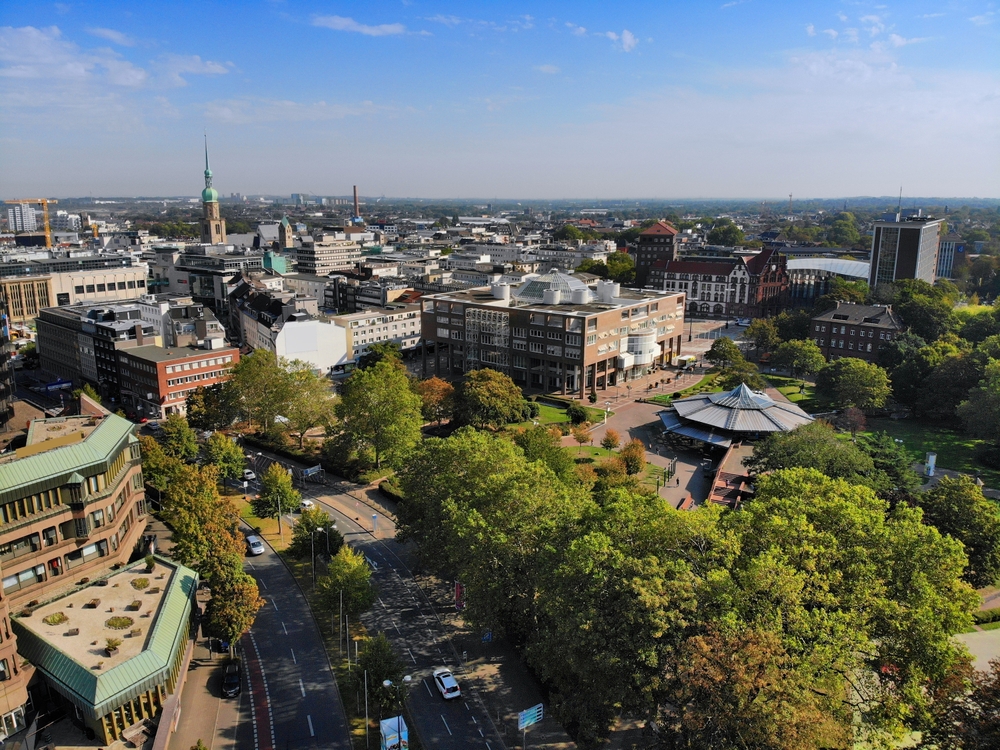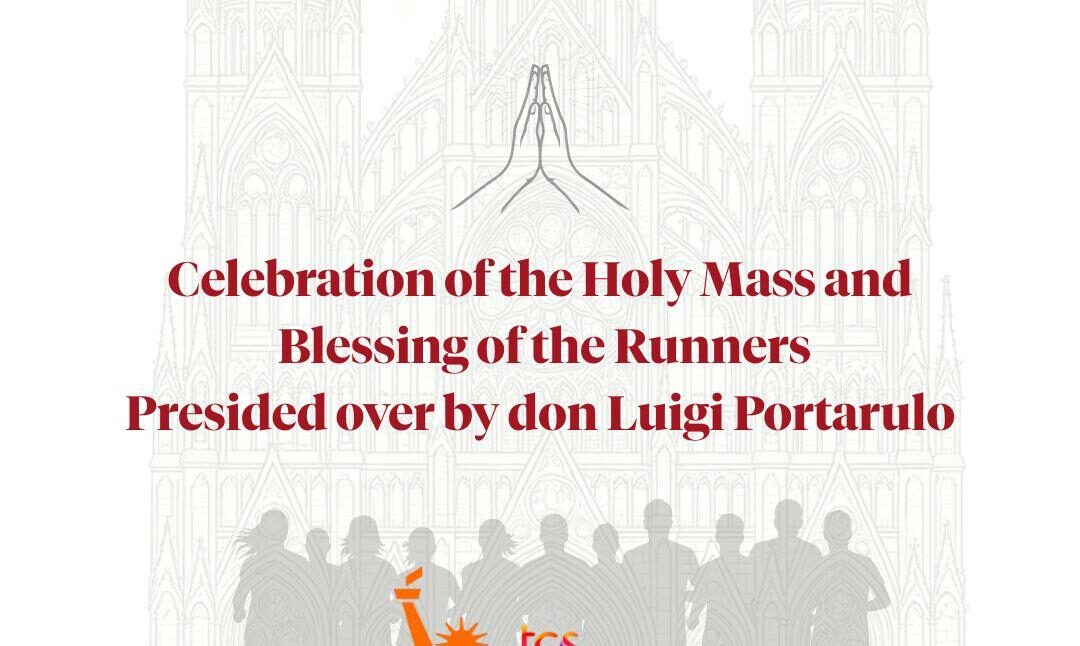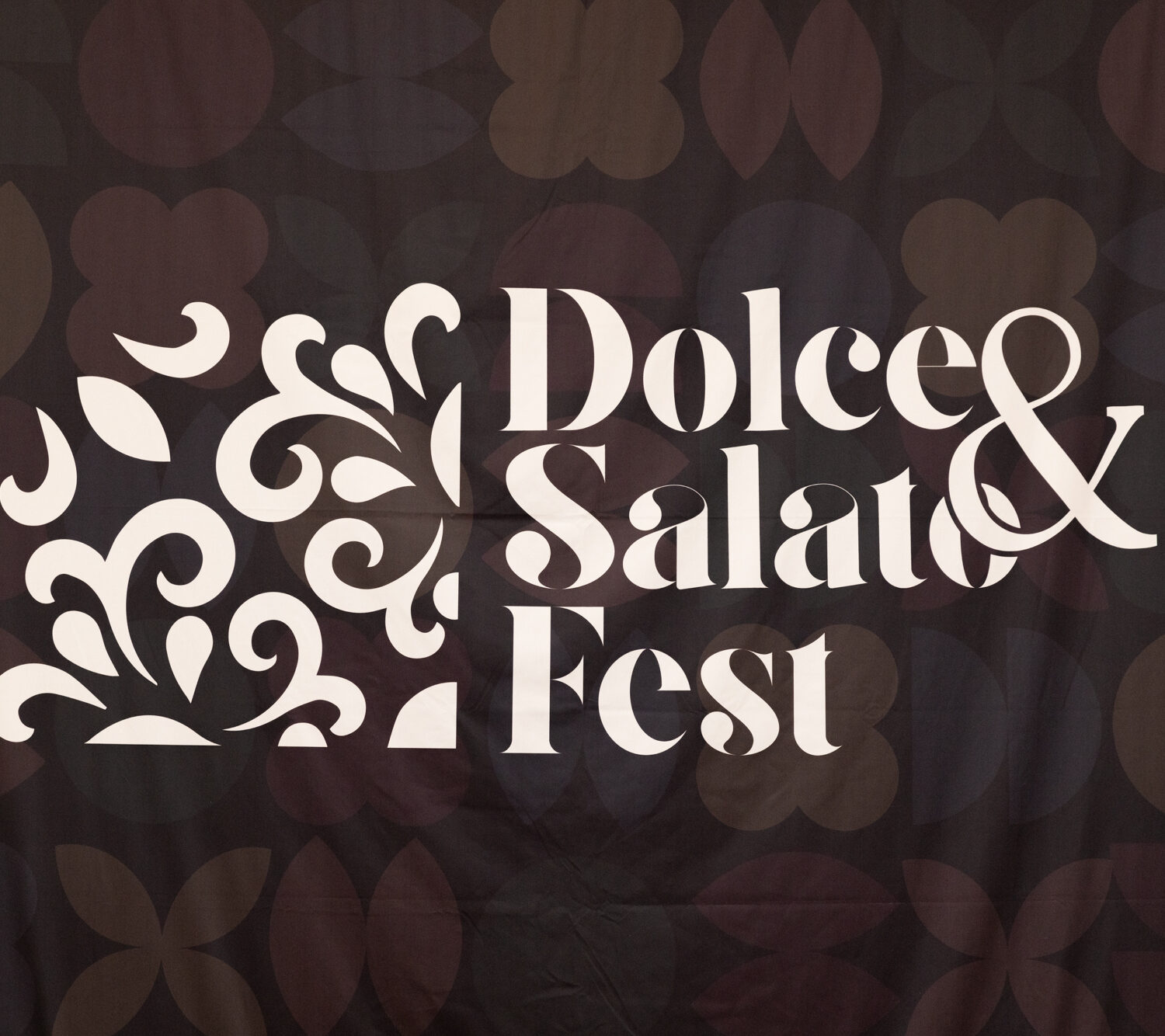From 6 to 8 November, the meeting of the European Commission and North Africa of the General Council of Italians to the East took place in Dortmund, as part of the celebrations for the 70th anniversary of the labor agreement between Italy and Germany, which gave rise to one of the most significant migratory seasons of European history.
During the work, the Commission addressed the main themes of the Italian communities of the continent: consular services, the promotion of Italian language and culture, the reform of citizenship, the renewal of the Com.It.Es. and the reform of the CGIE. Particular attention was paid to the role of small and medium-sized Italian companies in Germany and to the Italian-German economic and scientific relations, illustrated by representatives of the Italian Embassy in Berlin and the Agency for the promotion and internationalization of Italian companies. Having ICE-Agenzia and Chambers of Commerce complementary and non-competitive roles, the Commission has asked itself about the opportunity for the country system to maintain its protection under two distinct Dicasteries.
On the consular services front, the commitment of the Foreign Administration to reduce waiting times has been recognised, but it has been reiterated the need to strengthen the staff and expand the itinerant services, equipping Honorary Consuls and officials of the equipment for the detection of biometric data, as well as providing direct access to the database of the Ministry of Interior for more timely anagraphies.
The Commission also approved an order of the day for the restoration of the notary offices in the European Consulates and welcomed the extension of the issue of the electronic identity card to the citizens of AIRE through the Italian Municipalities, to the extent that the CGIE had invoked through two orders of the day approved by the Plenary Assembly of 2023 and 2024.
Ample space has been reserved for the promotion of the Italian language and the role of the management bodies, on which the Commission has approved a special order of the day, detecting a lack of vision and political address, and considering priority to redefine an intervention starting from the needs of the recipients who put to the centre the italodiscendents taking into account the specificities of the territories. For this purpose the Commission considers it urgent to update the country plans by involving all subjects of the school world and representative bodies.
With regard to the teaching of the history of emigration, the priority theme of the CGIE agenda of the second semester together with the promotion of the language and culture and the reform of the General Council, taken note with satisfaction of the MIM Circle of 4 November last, concerning the school year 2025/2026, the Commission proposes to involve the territories in order to establish databases of symbolic places of emigration, in the wake of the specific agenda approved by the Plenaria of the 2025. available to intervene directly in schools.
The Commission then welcomed the governmental will to comply with the expiry date of the Com.It.Es Consiliation. through the allocation of EUR 14 million for their renewal, with elections to be held in 2026; however, it considers that such resources are not sufficient to guarantee the wider participation in the vote of the compatriots, which must be pursued first by the elimination of the reverse option.
Finally, the need to reform the General Council to ensure a process of relaunching the system of representation of our communities abroad has been reaffirmed. The Fifth Plenary Assembly of the Standing State-Regions-PA-CGIE Conference was called for.
The debate was enriched by the contributions of the Director-General of DGIT of MAECI Luigi Maria Vignali, the councilwoman of Embassy Silvia Maria Santangelo, the Italian consul in Dortmund Alice Joy Cox, the parliamentarians elected in the European constituency, industry experts and the Presidents of the Com.It.Es. of Germany.
The trade relations between Italy and Germany were illustrated by Francesco Sordini (Capo Ufficio Economia, commercio e scienze dell’ Embassy d’Italia in Berlin), Francesco Dell’Anna (Vicedirettore ICE Germania) and Piergiorgio Alotto (Scientific Officer at the Embassy of Berlin), who underlined the integrated approach with which the Foreign Administration carries out its action in Germany.
The three days ended with the public conference VisionItaly: Memory and future. 70 years of Italy–Germany agreements, which brought together Italian and German institutional representatives, parliamentarians, experts and protagonists of the Italian community in Germany, to reflect on the historical heritage of emigration and the new perspectives of cultural, economic and scientific cooperation between the two countries.
L’articolo The CGIE in Dortmund raises the role of Italian representation in Europe proviene da IlNewyorkese.






